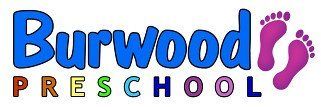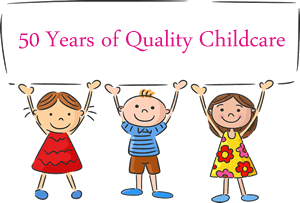EYFS
EYFS
Every child deserves the best possible start in life and support to fulfil their potential. A child’s experience in the early years has a major impact on their future life chances. A secure, safe and happy childhood is important in its own right, and it provides the foundation for children to make the most of their abilities and talents as they grow up. When parents choose to use early years services they want to know that provision will keep their children safe and help them to thrive.
The Early Years Foundation Stage (EYFS) is the framework that provides that assurance.
The overarching aim of the EYFS is to help young children achieve the five Every Child Matters outcomes of staying safe, being healthy, enjoying and achieving, making a positive contribution, and achieving economic well-being by:
• Setting the standards for the learning, development and care young children should experience
when they are attending a setting outside their family home, ensuring that every child makes progress and that no child gets left behind;
• Providing for equality of opportunity and anti-discriminatory practice
and ensuring that every child is included and not disadvantaged because of ethnicity, culture or religion, home language, family background, learning difficulties or disabilities, gender or ability;
• Creating the framework for partnership working between parents and professionals,
and between all the settings that the child attends;
• Improving quality and consistency in the early years sector
through a universal set of standards which apply to all settings, ending the distinction between care and learning in the existing frameworks, and providing the basis for the inspection and regulation regime;
• Laying a secure foundation for future learning through learning and development that is planned around the individual needs and interests of the child, and informed by the use of ongoing observational assessment
The curriculum is organised into seven areas of learning, each of the seven areas are broken down into age appropriate development stages. These range from birth to the early learning goals - early learning goals being the knowledge, skills and understanding which young children should have acquired by the end of the academic year in which they reach the age of five (reception year);


Children must be provided with experiences and support which will help them to develop a positive sense of themselves and of others; respect for others; social skills; and a positive disposition to learn. We must ensure support for children’s emotional well-being to help them to know themselves and what they can do.

Children’s learning and competence in communicating must be supported and extended. They are provided with opportunity and encouragement to use their speaking, listening and attention, skills in a range of situations and for a range of purposes, and are supported in developing the confidence and disposition to do so.

Children should be encouraged to link sounds and letters to enable them to begin to read and write. Children are given access to a wide variety of reading material (books, poems, comics and other written material) to develop their interest.

Children must be supported in developing their understanding of Mathematics in a broad range of contexts in which they can explore, enjoy, learn, practice and talk about their developing understanding. They are provided with opportunities to practice and extend their skills in these areas and to gain confidence and competence in their use of numbers, shapes, space and measures.

Children must be supported in developing the knowledge, skills and understanding that help them to make sense of the world and their community. Their learning is supported through offering opportunities for them to use a range of tools safely; encounter creatures, people, plants and objects in their natural environments and in real-life situations; undertake practical ‘experiments’; and work with a range of materials and technology.

The physical development of babies and young children must be encouraged through the provision of opportunities for them to be active and interactive and to improve their skills of coordination, control, manipulation and movement. They are supported in using all of their senses to learn about the world around them and to make connections between new information and what they already know.
They are supported in developing an understanding of the importance of physical activity and making healthy choices in relation to food.

Children’s creativity must be extended by the provision of support for their curiosity, exploration and play. They are provided with opportunities to explore and share their thoughts, ideas and feelings, for example, through a variety of art, music, movement, dance, imaginative and role-play activities, mathematics, and design and technology.
Burwood Preschool
St Peter's Institute
Faulkners Road
Hersham
KT12 5JB
T: 01932 988120
E:
manager@burwoodpreschool.co.uk
URN: EY496653 | Privacy Policy |
Powered by
Parenta
Burwood Preschool is a Registered Charity 1166835 Supported by Walton Charities


